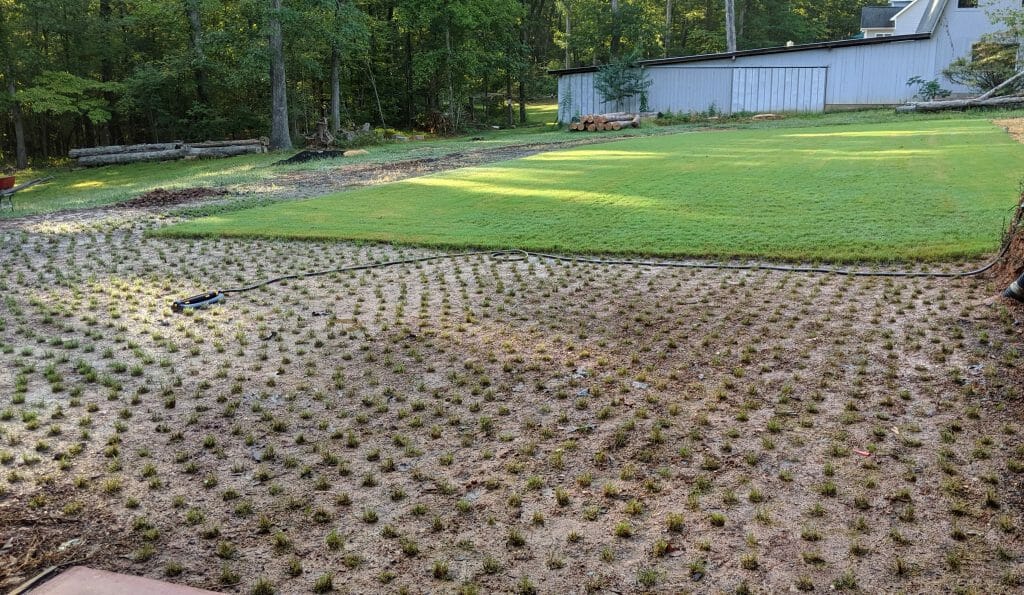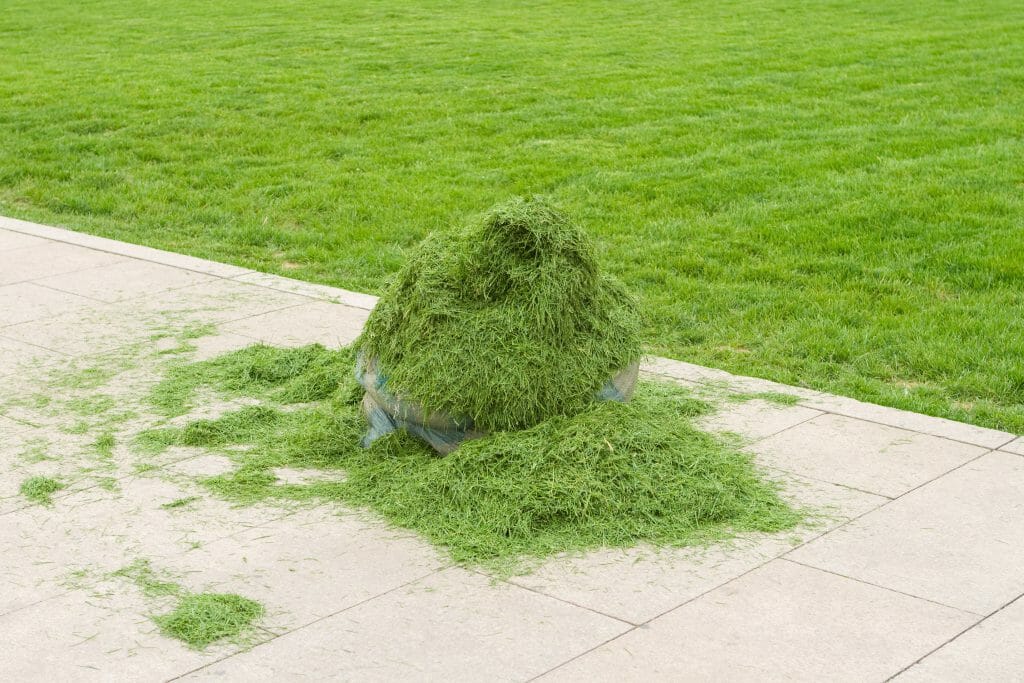It’s hard to believe that there would be disadvantages to using worm castings in your yard. This totally natural and organic product is said to improve our soil, increase yields and grow lovely lush, and healthy plants.
However, as with most things, there are some disadvantages to using worm castings in your yard. Let’s explore these in more detail and try and find solutions to them.
Explaining Worm Castings
While you or may not be familiar with worm castings, here’s a brief explanation of what they actually are. Specifically, worm castings could be referred to as worm poo. In other words, as worms make their way through soils and compost, they eat all of the organic matter and then expel out worm castings.
Essentially, worm castings are full of essential bacteria and enzymes that help plants get the nutrients they need. Worm castings also contain soil microbes that are beneficial to the health of our plants. These microbes make the nutrients contained within the soil more accessible to the roots of the plants.
Now that you are aware of all the major benefits of using worm castings in your garden, let’s delve into a few disadvantages of using these in your garden.
5 Important Disadvantages of Worm Castings
1. You Need A Lot Of Them To Make A Difference
As you would imagine, worms are quite small, and they also reproduce quite slowly. Therefore, each worm will only produce a very small amount of castings daily.
Therefore, if you have a worm farm, it could take several months for you to be able to collect enough of these castings to make much difference to the soil and plants in your vegetable garden.
However, one solution to this is to use worm castings only in the early stages of plant growth in order to give your veggies a brilliant start. For example, you could mix some worm castings in with your seed-raising mix. Do this in a ratio of 1 part worm castings to 3 part seed-raising mix.
Or, you could put a small number of worm castings, say just a handful, into the planting hole for your seedlings or transplants. This means that the castings will be right near the roots of your plants and will have the greatest benefits.
2. Worm Castings Have Quite A Low N:P:K Ratio
Unfortunately, although worm castings are an amazing soil conditioner, they do not provide sufficient nutrients to keep your plants growing nice and strong. In general, the N:P:K ratio of worm castings is only around 1.0:0.5:0.5.
While these nutrients are beneficial to plant growth, they’re not in a high enough concentration to sustain your plants for any time. Instead, worm castings are more important for the enzymes, microbes, and bacteria that they contain.
Therefore, as well as using worm castings, you also have to supply your plants with additional organic fertilizers that contain a higher concentration of nutrients. These could include matured compost, animal manures or even products such as bone meal.
3. It Takes A Lot Of Time To Harvest Your Worm Castings
In order to collect a significant amount of worm castings from your worm farm, you’re going to have to put in a fair bit of time and effort.
You have to ensure that you keep your worms well-fed by supplying them with lots of organic matter. And, it could up to 3 months before you’re actually able to harvest some of the worm castings.
Harvesting your worm castings can also be quite laborious because not only do you have to empty out the worm farm but you’ll also have to separate the worms and organic matter from the castings.
Once you’ve gathered the castings, you’ll have to let them dry for at least 24 hours before you sift them. Sifting them is necessary because it separates the castings from the bedding material you’ve taken from the worm farm.
If this all sounds like too much time and trouble, why not consider just buying pre-sifted worm castings. Then, you can use the worm farm to extract worm tea from instead.
Worm tea is the liquid that drains out of the worm farm through a dedicated hose and tap and is great for feeding your plants because it also contain a lot of nutrients that filter out from the compost that you’re feeding the worms.
4. You Can’t Grow Plants In Worm Castings Alone
Even though worm castings are one hundred percent organic, they do not have the necessary structure to support plant growth like soil does. Therefore, it’s not possible to grow plants in worm castings alone.
However, you can create your own growing mix by incorporating worm castings. Here’s a good recipe for you to try:
- 4 parts compost
- 2 parts coco coir
- 2 parts worm castings
- 1 part perlite
Mix all of these ingredients together and you’ll have the most amazing growing medium that your plants will absolutely love. Remember to measure your ingredients by volume rather than weight to get the mix right.
5. Worm Castings Are Expensive To Purchase
Because it takes a long time and a lot of worms to produce just one bag of worm castings, the end result can be relatively expensive.
Therefore, if you want to use worm castings in your garden in order to improve the soil and provide the perfect growing environment for your vegetables, you need to use them strategically and sparingly.
For example, either combine them with growing mix for starting your seeds or place them into the planting holes for your seedlings.
However, if you have the time and the desire to work through the difficult harvesting process, having your own worm farm is the best solution.
Frequently Asked Questions
Can you overdo worm castings?
As you now know, worm castings do not contain many nutrients. Therefore, they cannot harm your plants.
Can you spread worm castings on top of soil?
Yes, this is referred to as top dressing. It’s the quickest and easiest way to apply worm castings to your plants. Just make sure that you water the soil around the plants after you apply the castings.
Do I need to fertilize if I use worm castings?
It is absolutely necessary for you apply a fertilizer as well as worm castings if you want your plants to thrive and grow.
Final Thoughts
Although worm castings are the best tonic you can give your plants, they are a few small disadvantages to using them in your garden. However, these can easily be overcome by being a little more strategic about how you use them. In the end, your plants will benefit greatly from the use of worm castings in your garden.





